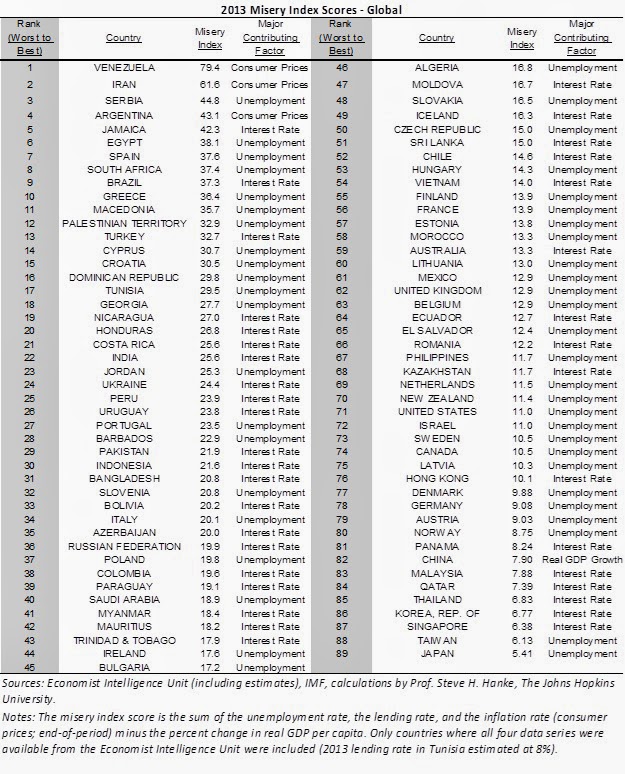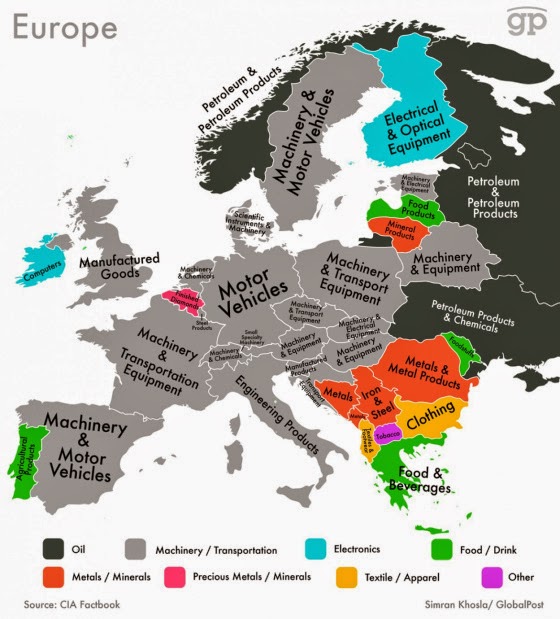Is the World a safer place?

A bit of international relations and foreign policy this time (a slight digression from economics). Consider the following recent events: A passenger flight gets shot down by a surface-to-air missile in the middle of Ukraine by pro-Russian separatists amid growing concern and discontent over the country's future. The global superpowers have been flexing their muscles over Ukraine far too long without any positive solution near the horizon. The EU and US are blaming and sanctioning Putin, with further frictions bound to happen. Israel is issuing a full-blown attack on Gaza aimed at destroying the Palestinian terrorist group Hamas, with again hundreds of civilians being killed in rampant bombings . Israel seeks to destroy underground Gaza tunnels , frequently used by Hamas for terrorist attacks. Almost 90% of Israelis support the attacks. The situation in Syria is still far from being resolved, Iraq and Afghanistan are in shambles for the past 10 years, Iran's nuclea...


